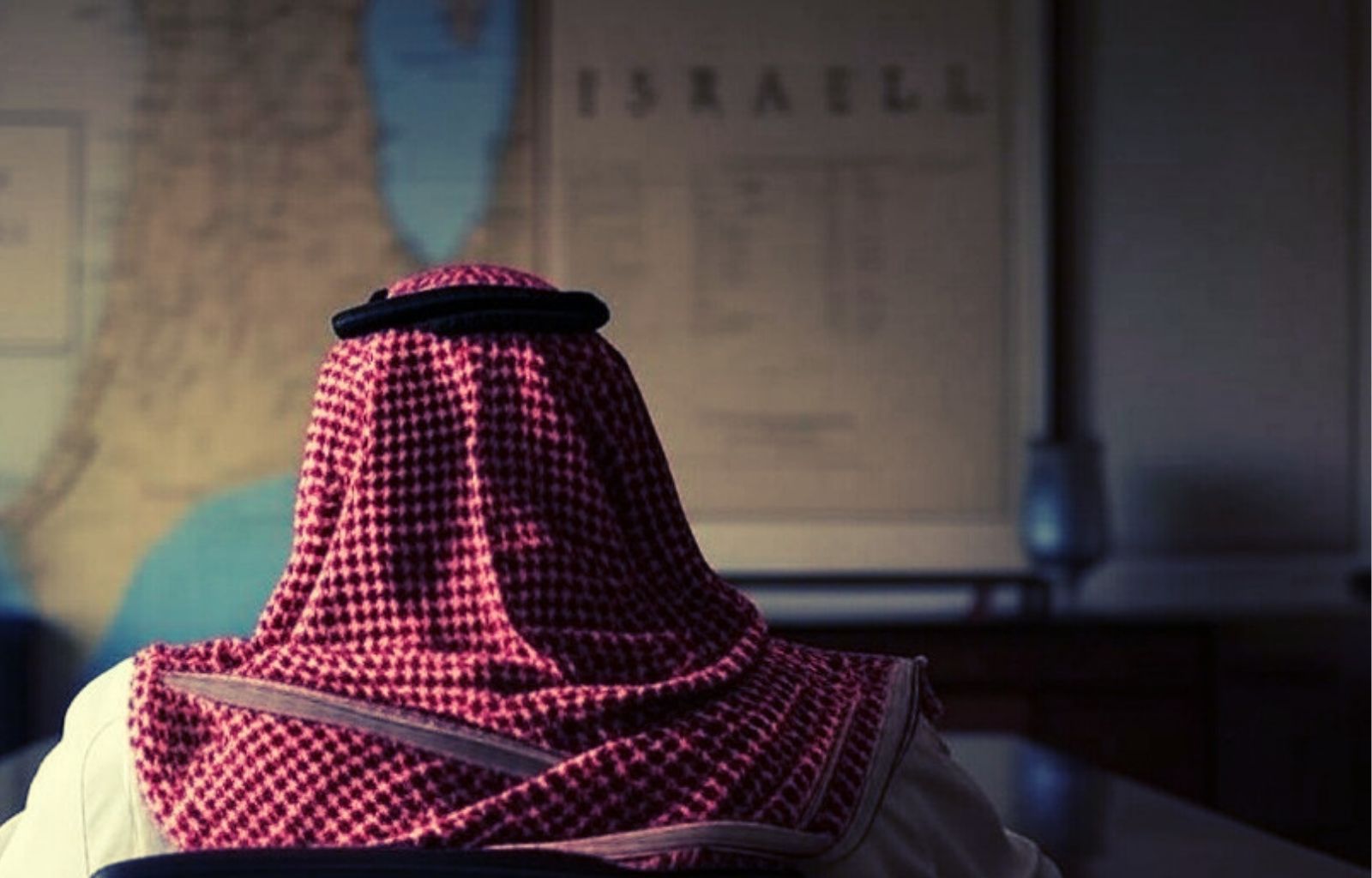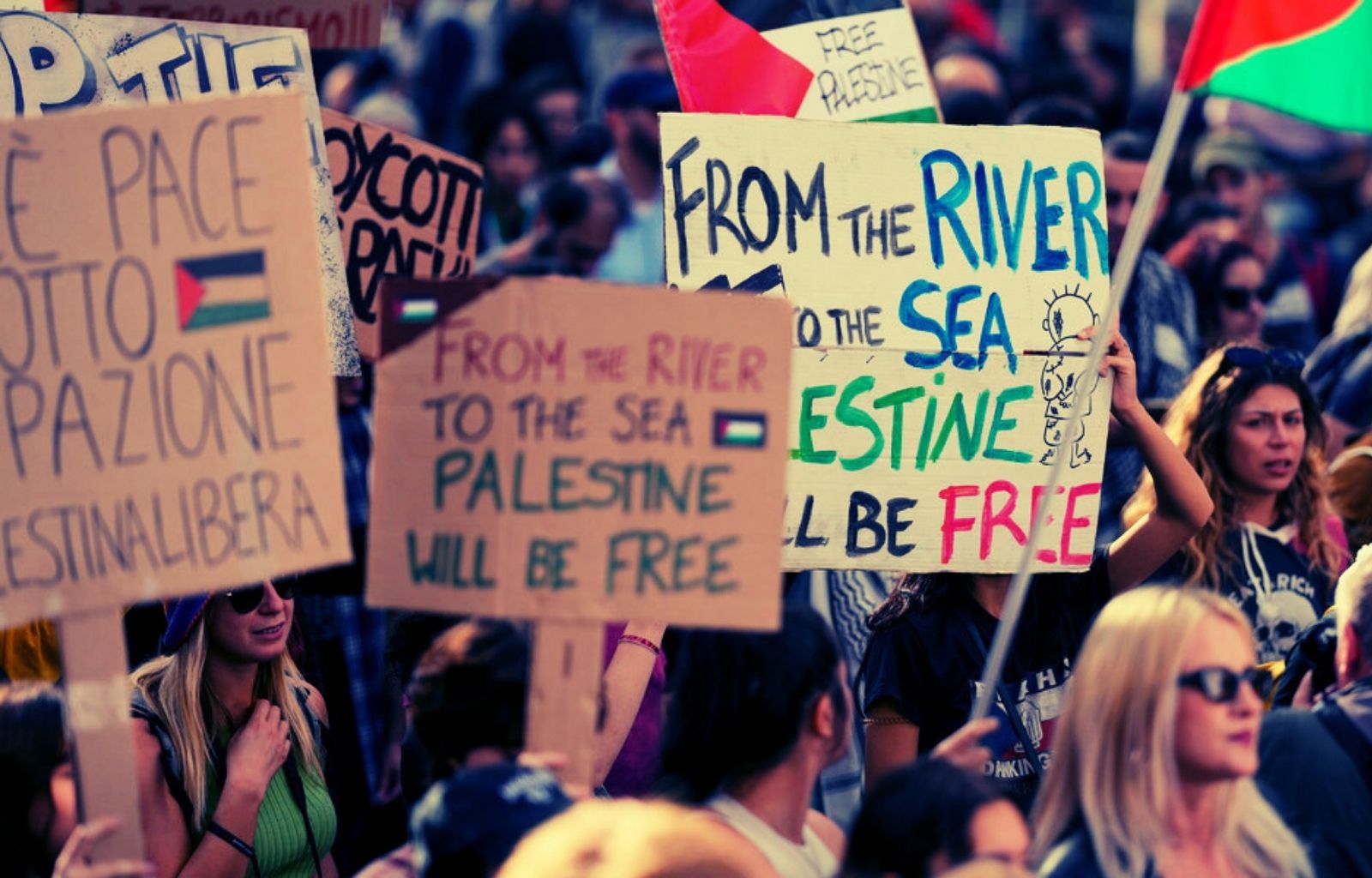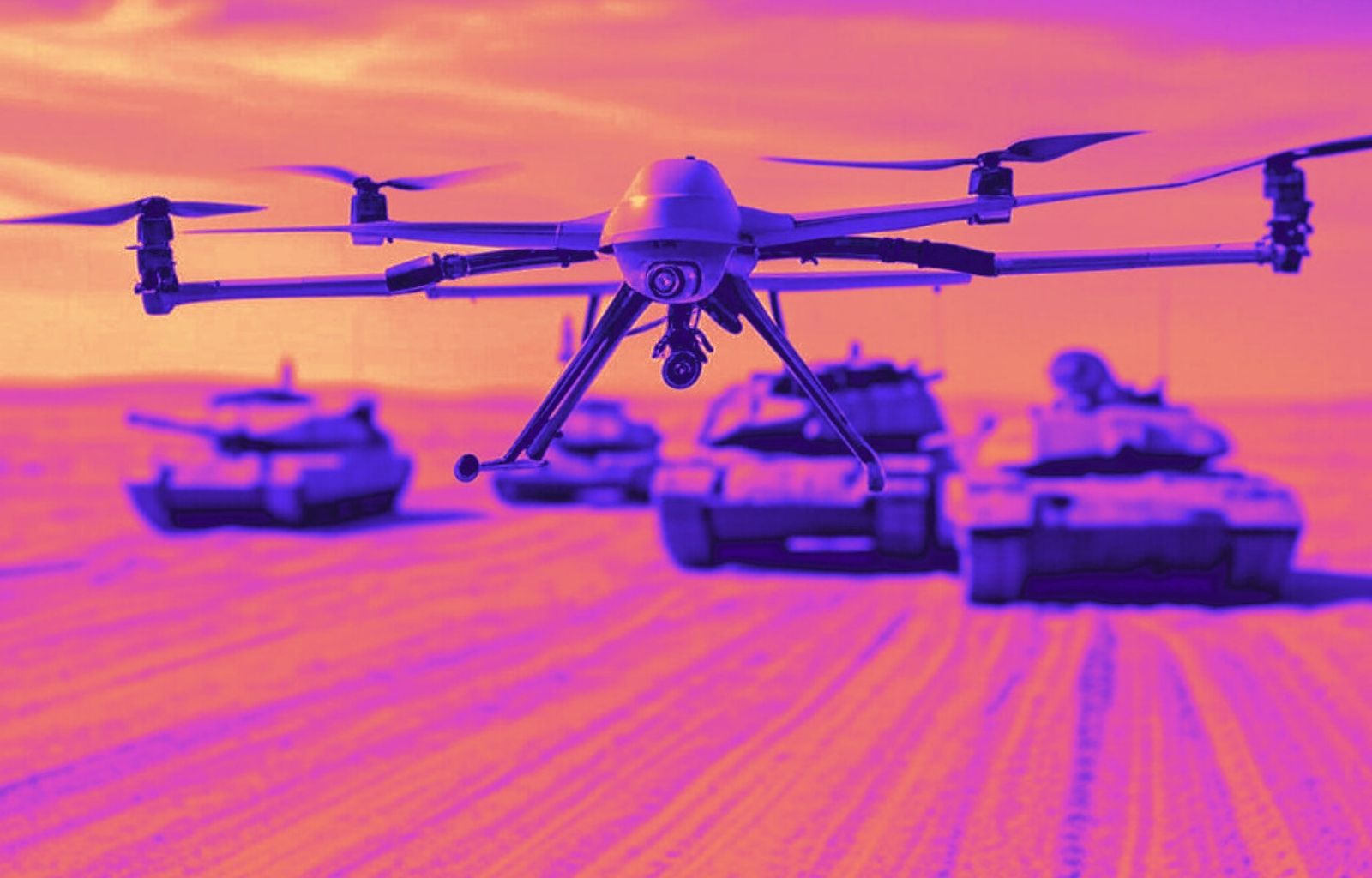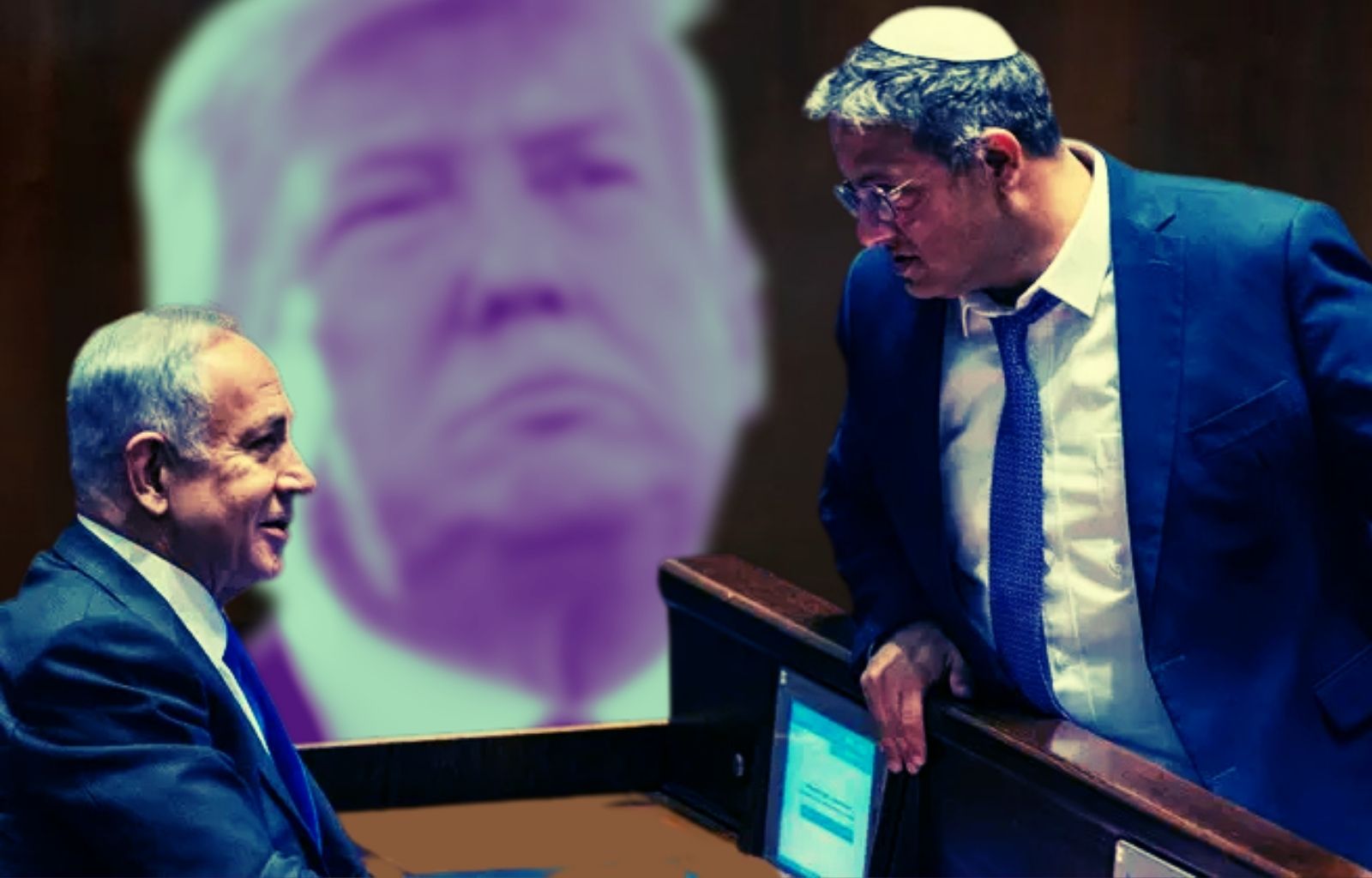Middle East: Saudi Arabia is the key, not the Israeli extremist right wing

Saudi Arabia has sent an unequivocal message to Donald Trump and Benjamin Netanyahu in recent hours:‘There will be no normalisation with Israel without the creation of an independent Palestinian state‘. This is not a new position in itself, but the timing of the statement reflects a crack that has opened up between Riyadh and Washington following the words used by the American president on the future of Gaza.‘The United States will take control of the Gaza Strip,’ he declared during a joint press conference yesterday with the Israeli premier, not ruling out sending American troops either:‘We will do what is necessary. If it is necessary, we will do it. We will take control of that area, we will develop it, we will create thousands and thousands of jobs, and it will be something that the whole Middle East can be very proud of‘.
Who will live in Gaza under Trump’s plan?
Trump’s statements appeared to be an obvious sop to the more nationalist Israeli Right, allergic to the two-state solution. Asked explicitly about his Administration’s support for the two-state solution (which – remember – is Washington’s decades-long official position), Trump was deliberately evasive:‘It doesn’t mean anything about one state, two states or any other state, it means that … we want to give people a chance in life (…) I imagine people from all over the world, people from the whole world will live there. (…) Even Palestinians, Palestinians will live there, many people will live there‘.
Hence, Riyadh’s very clear and unambiguous diplomatic stance: the two-state solution is a sine qua non for the normalisation of relations between Israel and its important Gulf neighbour.
If the Trump administration continues to ignore this condition, the dream of a Pax Medientale based on the model of the Abrahamic Agreements risks vanishing. On the other hand, this was the condition that the Saudis imposed on Tel Aviv even before 7 October 2023 and which was the basis of the interlocutions between the two countries and the first timid but symbolic public meetings. Compared to the 7 October attacks and Israel’s imposing reaction, Riyadh claims – with good reason – not to have fallen into the trap of the Iranian axis with its ‘proxies with an H’ (Hamas-Hezbollah-Houthi) and to have indeed kept the anti-Israeli impulses animating the Arab world at bay. And today, therefore, it calls for the path of normalisation to get back on track and not derailed.
But there is one point that is hard to admit, in Western capitals, in Israel, and in Riyadh itself: the real actor called upon to make a difference is Saudi Arabia itself. For Riyadh, the time has come to make a dimensional leap: no longer just the symbolic guarantor of the Palestinian cause, but the real engine of its concretisation. From the reconstruction of Gaza to the construction of the institutional foundations of a future Palestinian State, the geopolitical weight of the Saudi kingdom will be decisive. If the monarchy wants to impose itself as the reference power in the Arab world, it will have to prove that it knows how to translate its influence into action.

Why Riyadh cannot allow itself to give up on the Palestinian cause
During his first term, Trump attempted to redefine the Middle East with a pragmatic approach: economic investments in exchange for diplomatic recognition. With the Abraham Agreements, the United Arab Emirates, Bahrain, Oman, and then Morocco and Sudan had normalised relations with Israel without really addressing the Palestinian issue. Riyadh, on the other hand, had remained at the window. For those who try to understand regional dynamics in as much depth as possible, Saudi wait-and-see was nothing new: its neighbours (first and foremost the United Arab Emirates) can afford a more ‘mercantile’ approach, but the kingdom of Al Saud must keep faith with its task as guardian of the holy cities of Islam, and therefore as the indispensable protector of the Palestinian cause. He is wrong who does not consider the sentiments of public opinion as an element that even an absolute monarchy must take into account, especially if the de facto ruler is not a prince(Mohamed bin Salman) who will inherit the throne as direct heir, but as the chosen one (among the many entitled by blood) and who will still have to protect his position for a long time until the current king abdicates or passes away.
For the Israeli leadership, the time has come to choose whether to forge an unprecedented and solid alliance with Riyadh, or to live in a perpetual state of isolation and warlike tension. Saudi Arabia is today the only regional power that is really able to take responsibility for building a security framework together with Israel itself. It is the country with the financial strength to lead the reconstruction of Gaza and the state-building process, and with the political influence to reshape Palestinian governance.
The crossroads for Israel and Saudi Arabia
Both Israel and Saudi Arabia are therefore at a crossroads: either choose to remain mired in an eternal status quo of cyclical conflicts and instability, or take the leap necessary to ensure lasting stability in the region.
For Saudi Arabia, the challenge is clear: to transform itself from a symbolic guarantor of the Palestinian cause into the true architect of its realisation. This means abandoning rhetoric and taking concrete responsibility for rebuilding Gaza, establishing the institutions necessary for a functioning Palestinian state, and guaranteeing security for Israel. Saudi Arabia has the economic means and the political influence to do this, but it must show that it also has the will to take an active and pragmatic role in peace building.
For Israel, the choice is equally complex: continue to insist on a vision of security based exclusively on military deterrence or accept that true stability passes through a historic agreement with the Arab world, and in particular with the richest and most influential country. Normalisation with Saudi Arabia represents Israel’s last great opportunity to break its strategic isolation in the region. However, without real concessions on the Palestinian issue, this chance may fade away for years, if not decades.
For the United States, and particularly for the Trump administration, the crack that has opened with Saudi Arabia marks a critical step. If Washington continues to ignore Riyadh’s demands and unconditionally support the more extremist positions of the Israeli right, it risks not only jeopardising the possibility of a grand Israeli-Arab agreement, but also losing influence in the Gulf. Saudi Arabia could move closer to actors like China and Russia to rebalance its geopolitical positioning, further weakening American hegemony in the region.
The future of the Middle East will not only be decided in the power chambers of Washington, Tel Aviv or Ramallah, but also in Riyadh. The Saudi message is clear: normalisation with Israel is not an option without a true Palestinian state. The question now is whether Israel and the United States are ready to seize this historic opportunity or whether, once again, peace will be sacrificed on the altar of short-sighted political calculations.












